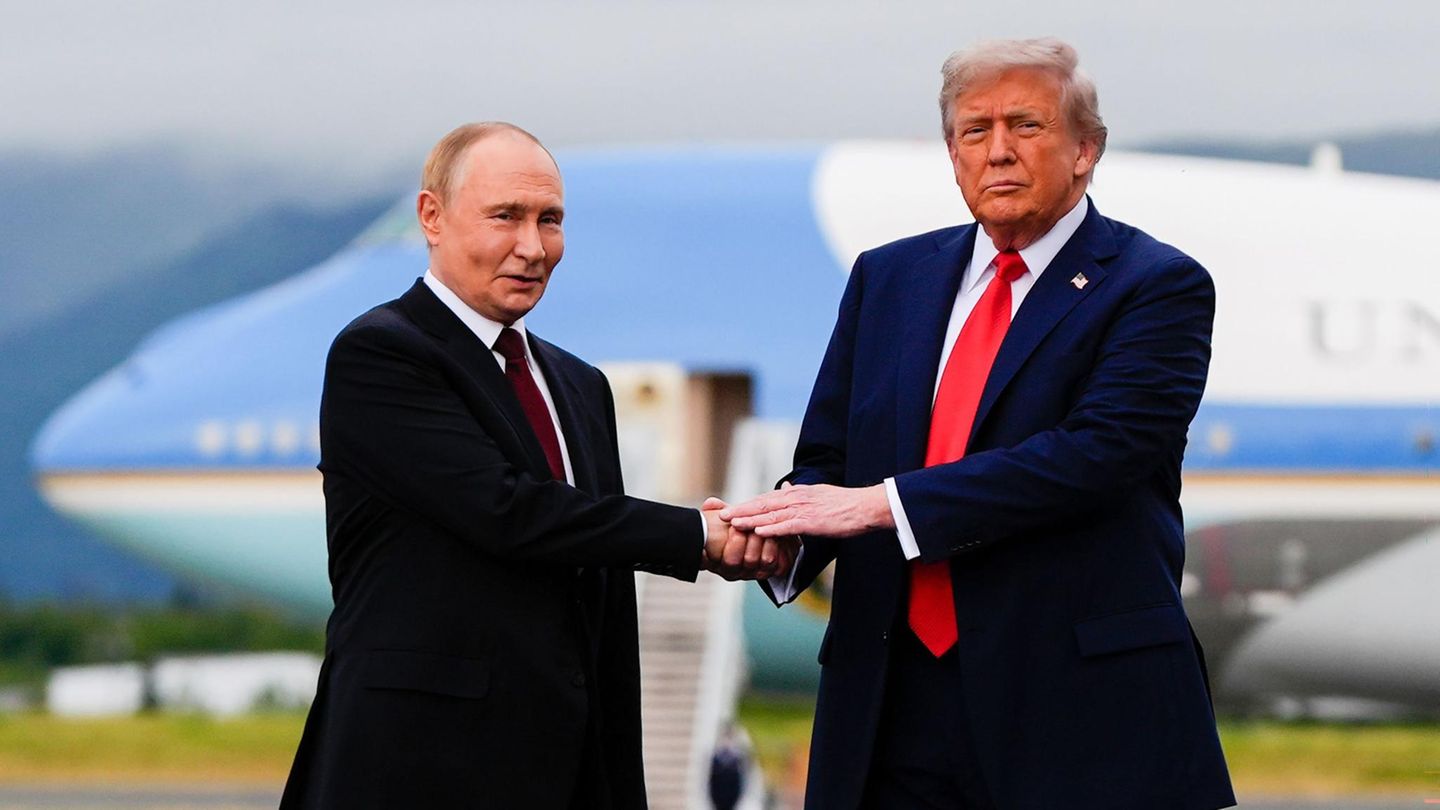Chamber D of the civil jurisdiction granted the AFA’s appeal. The appeal was granted with suspensive effect until the underlying issue was resolved. The IGJ has a partial defeat.
The civil justice decided to grant the appeal filed by the AFA against the resolution of the General Inspection of Justice (IGJ) who objected to several points of the extraordinary assembly in which he was re-elected Claudio “Chiqui” Tapia at the head of the entity. In addition, it granted the appeal with suspensive effect until the underlying issue is resolved, so that all the acts carried out in the assembly that the Government objected to are considered valid, contrary to the claim of the administration of Javier Mileiwhose main declared enemy was Tapia and his early re-election
The content you want to access is exclusive to subscribers.
Room D of the Commercial Chamber followed the steps provided for in the law to be the instance of appeal of the resolutions of the IGJ that had rushed to rule the nullity of the AFA assembly to prevent Tapia’s re-election. Now there remains a judicial resolution regarding the negative ruling of the IGJ, but the AFA obtains a partial victory by keeping in force what was resolved in that meeting, which also migrated its corporate headquarters to the province of Buenos Aires (voted by 44 of the 46 assembly members present), which leaves it outside the reach of the Buenos Aires IGJ that controls the Executive Branch. In addition to Tapia’s re-election, with this decision the suspension of relegations in the First Division tournament remains in place.


In their six-page ruling, judges Gabriel Rolleri and Maximiliano Caia decided to “grant the appeal filed by the Argentine Football Association suspensive effect” and that “the complaint appeal must be granted.”
Previously, in the run-up to the assembly, the civil justice had issued a ruling that enabled her and that it was contrary to the administrative decision of the IGJ that had tried to suspend it.
In four pages, Judge Christian Pettis first observed that the resolution to suspend the IGJ was not to the assembly itself, but to “certain points” of the planned agenda. Then, he analyzed the AFA request that denounced as a “new fact” what was attempted by the body that depends on the Ministry of Justice and that required clarity about its finality, given that there were fifteen days to appeal to the civil court and that its effects would be suspensive. , in any case.
Source: Ambito




